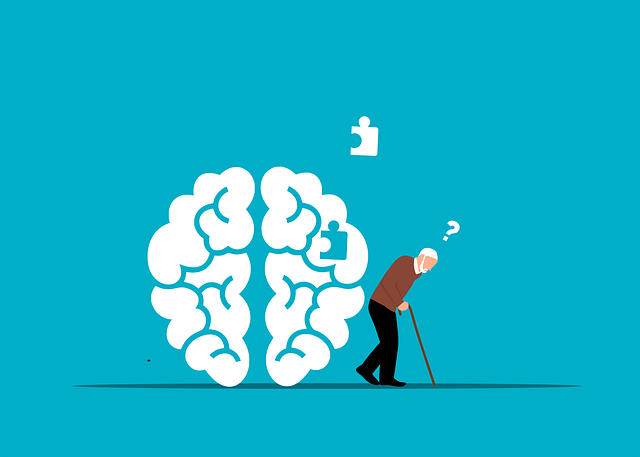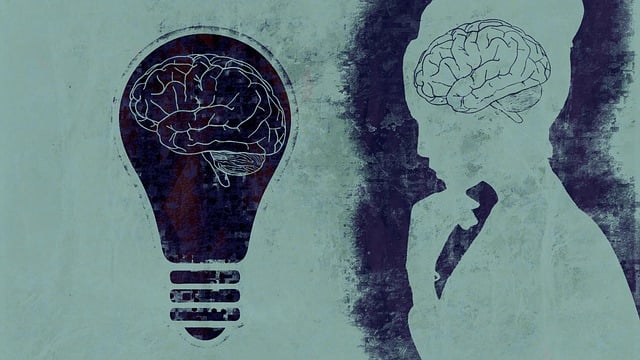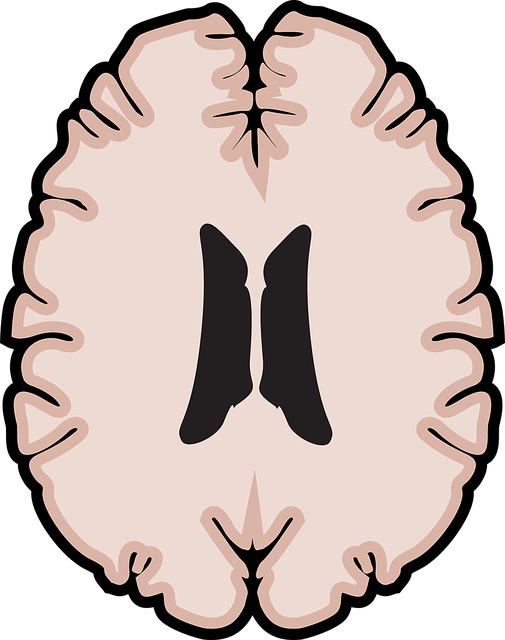Westminster Sexual Dysfunction Therapy offers specialized social skills training tailored for individuals with mental health conditions. Their holistic approach combines confidence-building, communication techniques, mindfulness meditation, and trauma support, empowering clients to navigate social situations with ease. Through evidence-based methods like cognitive-behavioral therapy and role-playing, the program enhances personal relationships, professional interactions, and overall mental wellness, leading to improved job performance, family connections, and community participation.
Social skills training is a powerful tool for managing mental health conditions, offering a unique approach to improving overall well-being. This article explores the intricate link between social interactions and mental health, highlighting challenges faced by those with conditions like anxiety or depression in daily social settings. We delve into the specialized role of Westminster Sexual Dysfunction Therapy in providing effective social skills training, presenting evidence-based strategies for enhancing communication and relationship-building abilities. Real-life success stories showcase the transformative power of this training.
- Understanding the Connection Between Social Skills and Mental Health
- Identifying Challenges in Social Interactions for Individuals with Mental Health Conditions
- The Role of Westminster Sexual Dysfunction Therapy in Social Skills Training
- Effective Strategies for Enhancing Social Skills Through Therapy
- Real-Life Benefits and Success Stories: Transforming Lives through Social Skills Training
Understanding the Connection Between Social Skills and Mental Health

Social skills training is a powerful tool in managing mental health conditions, as it addresses an often-overlooked aspect of well-being. The connection between social skills and mental health is deeply intertwined; effective communication, empathy, and interpersonal interactions can significantly impact an individual’s overall psychological state. For many, especially those struggling with anxiety, depression, or post-traumatic stress disorder (PTSD), social situations may feel overwhelming, leading to withdrawal and further isolation. This isolation can exacerbate existing conditions and hinder recovery.
At Westminster Sexual Dysfunction Therapy, we recognize that improving social skills is a crucial component of holistic mental health care. Our approach focuses on building confidence in social settings, teaching individuals effective communication strategies, and fostering healthy relationships. By integrating burnout prevention strategies, such as mindfulness and stress management techniques, our training equips participants with the tools to navigate social interactions with ease. This not only enhances their personal lives but also has a positive impact on professional settings, including healthcare providers who can benefit from confidence-boosting social skills in patient care.
Identifying Challenges in Social Interactions for Individuals with Mental Health Conditions

Individuals with mental health conditions often face unique challenges when it comes to social interactions. These challenges can stem from various factors, including symptoms of their disorder, medication side effects, or past traumatic experiences. For instance, those dealing with anxiety disorders might struggle with initiating conversations or maintaining eye contact, while individuals with depression may exhibit a lack of interest in social activities or find it difficult to express their feelings. Similarly, conditions like schizophrenia can impact social skills by causing disorganized thinking or affecting one’s ability to interpret social cues accurately.
The complexities of these conditions demand tailored support and understanding. Westminster Sexual Dysfunction Therapy, for example, recognizes the importance of addressing social skills as a critical component of holistic treatment. By focusing on emotional regulation and providing strategies for burnout prevention among healthcare providers, they aim to empower individuals to navigate social situations with greater confidence. Through targeted interventions, such as cognitive-behavioral therapy, clients can learn effective communication techniques, improve their problem-solving abilities in social contexts, and ultimately foster healthier relationships.
The Role of Westminster Sexual Dysfunction Therapy in Social Skills Training

Westminster Sexual Dysfunction Therapy offers specialized social skills training tailored to address the unique challenges faced by individuals with mental health conditions. This therapy goes beyond traditional approaches by incorporating evidence-based techniques, such as mindfulness meditation and burnout prevention strategies, to help clients develop essential social interaction skills while managing their symptoms effectively. The program is designed to foster a supportive environment, enabling participants to build confidence and improve communication in various settings.
By integrating trauma support services into the training curriculum, Westminster Sexual Dysfunction Therapy ensures that clients receive holistic care. This comprehensive approach allows individuals to navigate social situations with enhanced resilience, promoting better mental health outcomes. Through personalized guidance and tailored strategies, the therapy empowers participants to overcome social barriers and lead more fulfilling lives.
Effective Strategies for Enhancing Social Skills Through Therapy

Social skills training is a powerful tool for individuals navigating mental health conditions, offering a chance to build and strengthen connections. Through therapy sessions, clients can learn effective strategies tailored to their unique needs. One proven approach involves role-playing scenarios that replicate real-life interactions, enabling individuals to practice and refine their social cues, communication patterns, and emotional regulation skills in a safe environment. This technique, often integrated into Westminster Sexual Dysfunction Therapy, helps clients confront social anxiety or avoidant behaviors head-on.
Additionally, incorporating techniques like mindfulness meditation and mental wellness coaching programs can significantly enhance the therapeutic process. Crisis intervention guidance plays a crucial role by teaching individuals to recognize and manage distressing emotions during social encounters, fostering a sense of calm and confidence. These integrated strategies not only improve social interactions but also contribute to overall mental wellness, empowering clients to lead more fulfilling lives and build supportive networks.
Real-Life Benefits and Success Stories: Transforming Lives through Social Skills Training

Social skills training has proven to be a transformative tool for individuals living with mental health conditions. Beyond simply teaching practical interaction techniques, it empowers clients to navigate social situations with confidence and ease. For example, those struggling with anxiety disorders often find relief through learning breathing exercises and cognitive reframing techniques alongside communication strategies. This holistic approach not only improves their relationships but also boosts self-esteem and overall mental wellness.
Success stories from Westminster Sexual Dysfunction Therapy illustrate the profound impact of such programs. Many clients have reported significant improvements in their daily lives, including better job performance, enhanced family connections, and increased participation in community activities. By fostering positive thinking and providing guidance on mental wellness journaling exercises and stress reduction methods, social skills training becomes a catalyst for personal growth and recovery. These transformations highlight the importance of integrating these programs into comprehensive mental health care strategies.
Social skills training, as facilitated by therapies like Westminster Sexual Dysfunction Therapy, plays a pivotal role in enhancing mental health and well-being. By understanding the unique challenges faced by individuals with various conditions, we can provide targeted support to improve their interactions and overall quality of life. Through effective strategies tailored to each person’s needs, social skills training offers tangible benefits, as evidenced by numerous success stories. This transformative approach empowers folks to navigate social situations confidently, fostering better relationships and a stronger sense of belonging.














